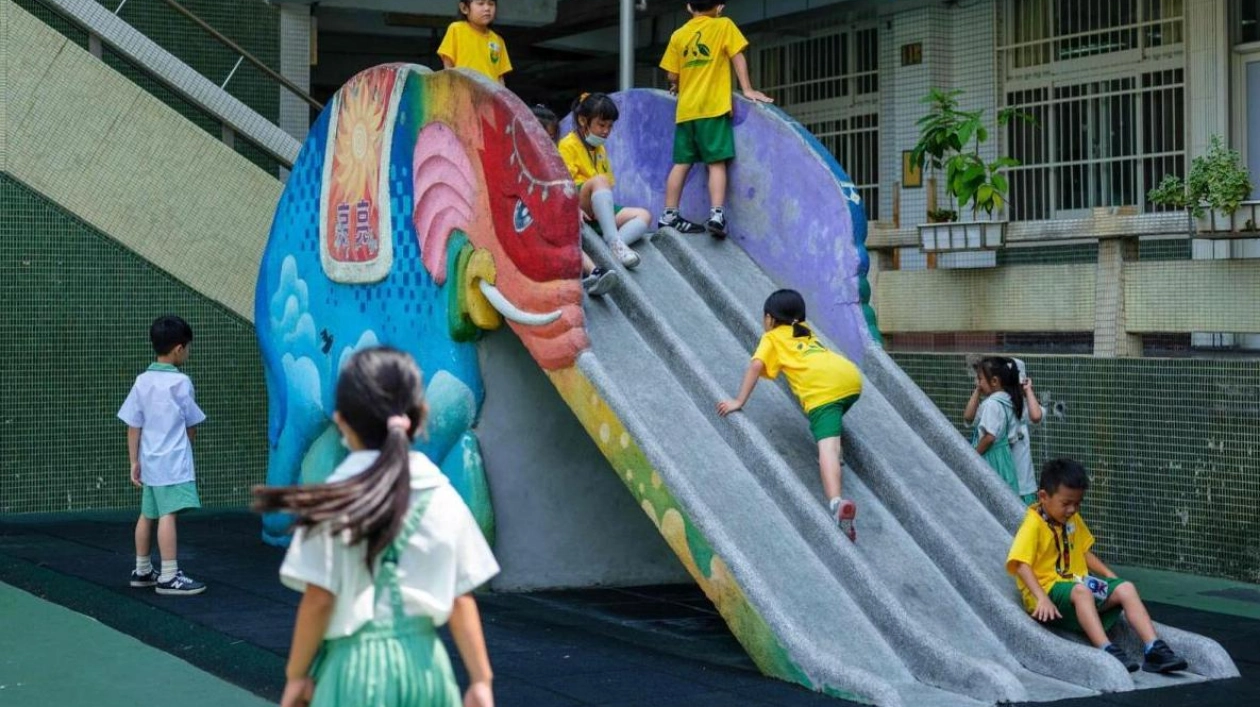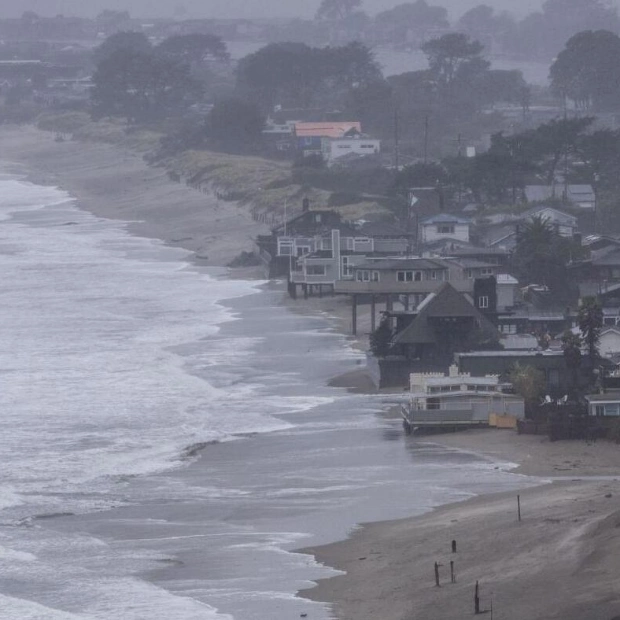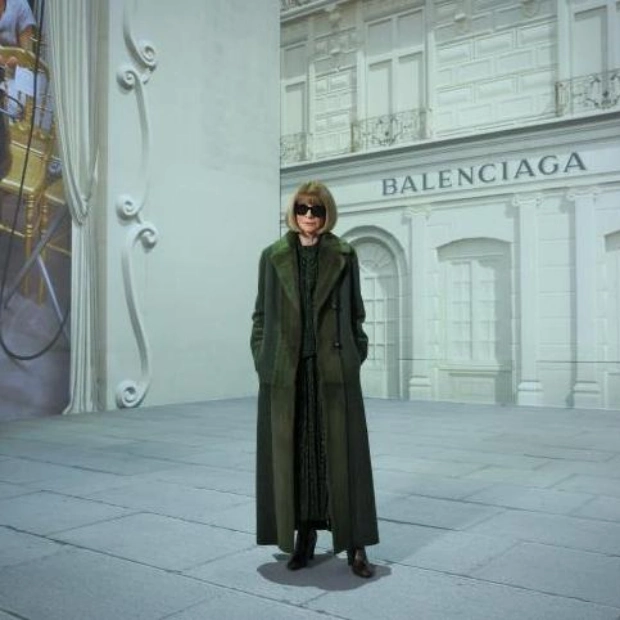A photo taken on September 10, 2024, captures students enjoying an elephant slide at an elementary school in New Taipei City. – AFP
Playgrounds throughout Taiwan offer a delightful surprise for children in the form of vibrant elephant slides, which evoke nostalgia among older Taiwanese who recall these structures as common in their youth. Lovingly referred to as 'Grandpa Elephant,' these slides are typically made from terrazzo or concrete and were a staple in schoolyards during the 1960s and 1970s. However, their presence has diminished due to stricter playground safety regulations, leading to some being removed and others being off-limits to children.
'The elephant slide is like a friend who grew up with us,' said Yu Chiu-ling, 58, who has been documenting these structures since 2010. Yu, a writer, was inspired to start the project after visiting her old primary school in Lukang township, where the sight of the elephant slide stirred deep nostalgia.
'Many things had changed except the elephant. It's still round and chubby, and it hasn't aged, it's well-preserved,' Yu told AFP. 'It was quite emotional to see it again, it felt like it had been waiting for me.'
Yu believed others her age would share similar sentiments, so she began visiting schools across Taiwan to document the remaining elephant slides, sharing photos, stories, and their locations on a Facebook page. 'The elephant slide is a memory shared across generations of Taiwanese, who find resonance in it,' she said.
Her Facebook group 'Find our Elephant Friends (slides)' has become a hub for those with fond memories of their childhood slides, with members sharing locations and stories of the ones they re-discovered. Some slides feature colorful tiles, others depict fantastical scenes, and a few rare ones resemble a real elephant, all featuring a wide trunk that serves as a slide for children.
The origin of the elephant slide remains uncertain. Most believe it was chosen as a playground staple because an elephant trunk was ideal for children to glide down. Some suggest it was inspired by Taiwan's beloved pachyderm Lin Wang, an Asian elephant born in 1917 who was captured by Chinese troops during World War II and transported to Taiwan in 1947, passing away in 2003 at Taipei Zoo at the age of 86.
Most of the slides still standing today bear slogans reflecting the era of their creation. Older ones include phrases like 'Strengthen your body to build the country' and 'Love our country,' evoking a sense of patriotism fostered by the island's then Nationalist government after fleeing mainland China. Newer structures feature phrases like 'beauty' and 'liveliness.'
Between 400 and 450 slides remain, according to Hsiu Pi-cheng, a Taiwanese designer who has traveled the island to photograph the slides and pin their locations on an online map. However, many schools have opted to seal off the slides, transforming them into art installations instead.
'I hope they can be preserved and continue to create happy memories for children,' Yu said.






